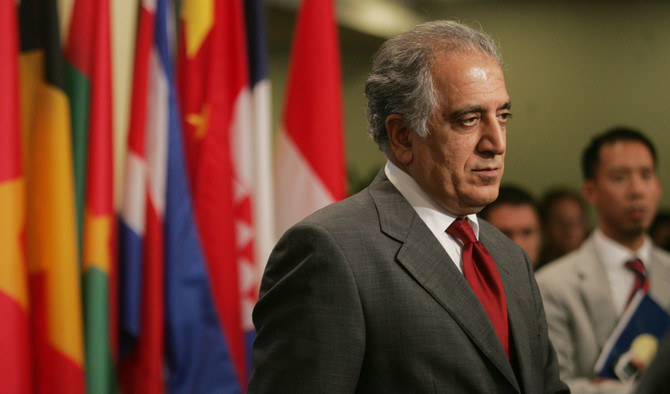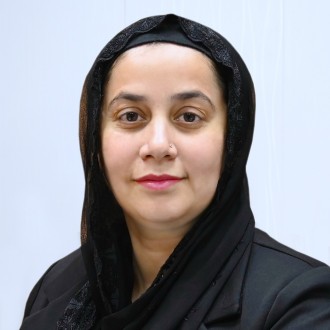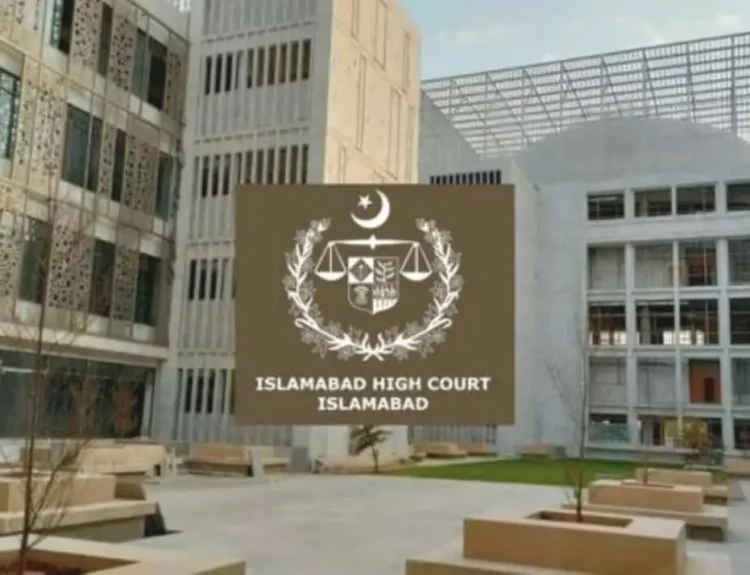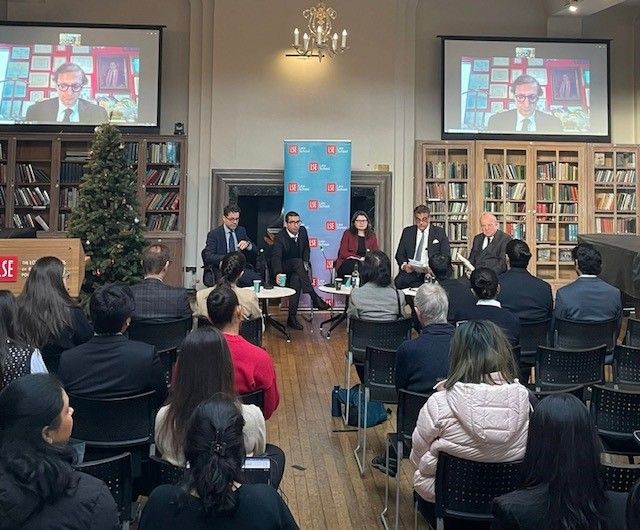Khudayar Mohla –
While discussing on developments in the Afghan peace process during his two day visit to Pakistan on Friday, U.S. U.S Special Representative for Afghanistan Reconciliation Zalmay Khalilzad told Pakistani leaders that US and Taliban are close to striking a deal which will end conflict in the war-torn country ‘Afghanistan’.
During meeting with Prime Minister Imran Khan and Foreign Minister Shah Mahmood Qureshi, Khalilzad briefed them about talks with the Taliban in Qatar. It has been reported that the US envoy informed Pakistani leadership that ‘only a few things have been left’ which will resolved during talks with Taliban. It is important to mention that Intra-Afghan talks will start in Norway after the US and Taliban announce the peace deal.
Sources claimed that during meeting with Pakistani leaders, Khalilzad conveyed the US desire about a long-term cooperation after the deal ranging from implementation of the peace agreement and rehabilitation of the war-ravaged Afghanistan. Khalilzad has been reported to say the US may not call on Pakistan to ‘do more’ but will be seeking Pakistan’s cooperation at every important phase.
Prime Minister Imran Khan, whom the US envoy met Thursday evening, underscored the need for an inclusive intra-Afghan dialogue to evolve a roadmap for future of Afghanistan. According to PM office press statement, “Prime Minister Khan reiterated Pakistan’s commitment to remain engaged with the US and other stakeholders in facilitating the peace and reconciliation process in Afghanistan,”.
Recalling his recent interaction with US President Donald Trump in Washington, Imran Khan emphasised that a peaceful and stable Afghanistan is in the interest of Pakistan as well as of the broader region. He also expressed satisfaction at the evolving international consensus and interest in fully supporting efforts to achieve long-term peace and stability in Afghanistan.
In the context of his recent visit to the United States, the Prime Minister underlined the importance that Pakistan attaches to a broad-based and enduring relationship between the two countries. He stressed that the opportunities for an expanded bilateral economic relationship must be optimally utilized.
Earlier, Khalilzad called on Foreign Minister Qureshi in which the US peace envoy shared the outcomes of the seventh round of US-Taliban peace talks in Doha, the capital of Qatar, and his recent engagements in Afghan capital Kabul.
Khalilzad arrived in Islamabad Thursday afternoon after his nearly 10 days of visit to Afghanistan where he met senior government leaders, politicians, members of the peace council, civilian society and women activists to brief them about his peace mission.
The Foreign Office said Qureshi welcomed the progress achieved in the talks and the Intra-Afghan peace conference in Doha in which all participants agreed upon a basic roadmap. “It was noted that ultimately the intra-Afghan dialogue will be vital to reach an agreement where Afghanistan becomes a stable, peaceful and prosperous country.
It was also stressed that taking the Afghan peace process forward remains a shared responsibility,” stated in a press release. Qureshi told Khalilzad that Intra-Afghan dialogue will be a milestone for peace, stability and durable development process in Afghanistan.
Meanwhile, issuing a presser, U.S. Mission Pakistan, while discussing on developments in the Afghan peace process during his two day visit from August 01 to 02 to Pakistan on Friday, Ambassador Zalmay Khalilzad outlined positive momentum in the process and next steps.
During his visit, discussions were held with Pakistani leadership on developments in the Afghan peace process during meeting with Prime Minister Imran Khan, Foreign Minister Shah Mehmood Qureshi, and Chief of Army Staff General Javed Bajwa.
Outlining the positive momentum in the Afghan peace process and next steps the both sides also discussed the role Pakistan has played in support of the process and additional positive steps Pakistan can take.
As Ambassador Khalilzad discussed in Afghanistan and Pakistan, consolidating peace will require reliable assurances from Afghanistan and Pakistan that neither side’s territory is used to threaten the other’s.
Such assurances on top of an intra-Afghan comprehensive peace agreement will allow for increased regional economic integration, connectivity, and development.






